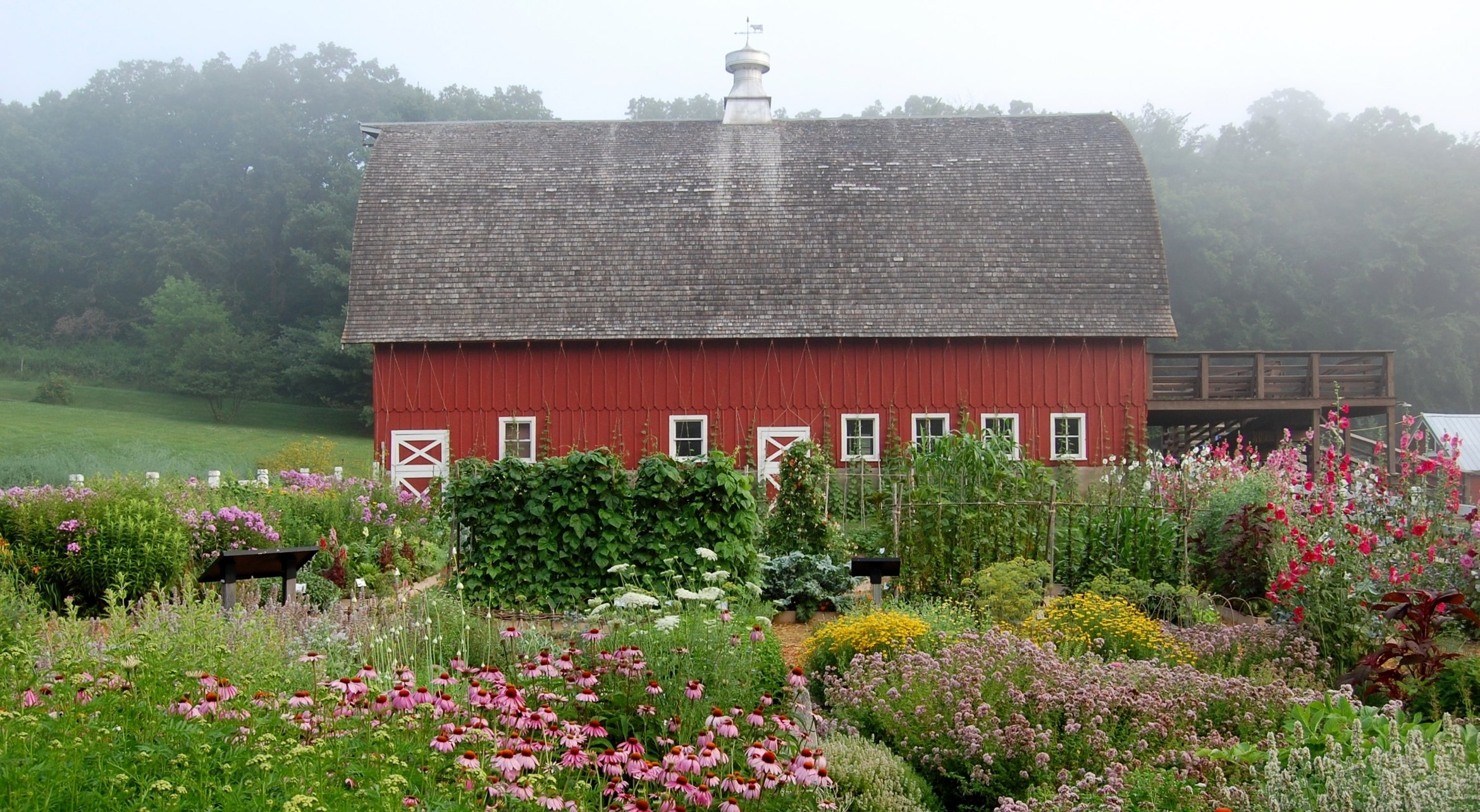
As the 2013 Seed Savers Exchange Conference and Campout approaches, featured speaker Jeremy Cherfas took the time to give us a preview of what to expect from his talk.
Is Everything Not Permitted Still Forbidden?
By Jeremy Cherfas
The European Union’s current seed laws operate from a fundamentally strange foundation: everything not permitted is forbidden. In other words, if a seed variety is not registered on the Common Catalogue, it cannot be marketed. And marketing covers giving seeds away and swapping them. The new proposals do not change this fundamental principle. Instead, they expand somewhat the list of things that are permitted. Gardeners, for example, can now swap seeds.
These new proposals have provoked an outcry, especially among people who weren’t familiar with the existing regime. People have also rejected the whole notion of rules and regulations concerning seeds. As one person commented on my website, “Also, WHY would you NEED regulation for seeds?”.
Because seeds are fundamentally different from other goods one can buy and sell (except possibly computer software and 3D printers). As Jack Kloppenburg [editors note: Kloppenburg will also speak at SSE's 2013 Conference] has pointed out, they are both the product **and** the means of production. That is, you can eat a seed — possibly inside a fruit such as a tomato — or you can use it to produce more seeds. Furthermore, there is nothing visible on the outside of the seed that gives a clue as to the genes inside, and it is the genes inside that growers are actually interested in, because they determine the final product. As a result seeds have been subject to all sorts of sharp practices over the years.
We need regulations to protect people from fraud, to ensure that when you get seeds of a specific variety, they are what they say they are and that, given the right treatment, they will germinate. These conditions can be taken care of by existing legislation. In England, for example, we have the Sale of Goods Act, first passed in 1893, which says that things must be fit for purpose and of satisfactory quality, with tests for both.
Some seeds need more protection. Commercial farmers, for example, may want varieties bred for their specific needs. Seed companies exist to meet those needs (although some would say they also create many of the needs they meet) and they’re not going to invest in research and development to create a new variety unless they can be reasonably sure that they will get their money back, with a profit. That’s one reason why commercial breeders really like F1 hybrids, because they don’t breed true, and therefore growers who don’t want to get into breeding for themselves have no choice but to buy new seeds each season. F1 hybrids break the link between seed as product and seed as means of production. It is also why commercial breeders have lobbied long and hard for additional forms of protection, such as plant breeders' rights and plant patents.
More power to them, I say. If a grower is convinced that the extra cost of those highly-regulated seeds is worthwhile, why shouldn’t they have the freedom to buy them? But the reverse is also true. If I want to grow a different variety which, for one reason or another, doesn’t even try to meet the standards for additional regulation and protection, why should I not be equally free to make my choice? Of course there’s a risk that the seeds aren’t what they claim to be, or will fail to germinate, but I know that, and I know that existing laws might help me get redress if I really think that’s what I want.
Around the world, that’s possible. There are seed registration schemes, but there is also freedom not to take advantage of registered seeds. Except in Europe where, even if the new proposals are accepted without changes, everything not permitted will still be forbidden.

Our mission is to conserve and promote America’s culturally diverse but endangered food crop heritage for future generations by collecting, growing, and sharing heirloom seeds and plants. Visit seedsavers.org


















